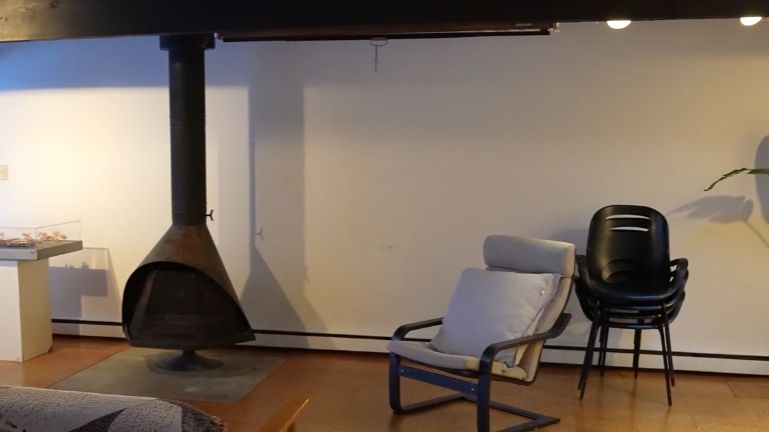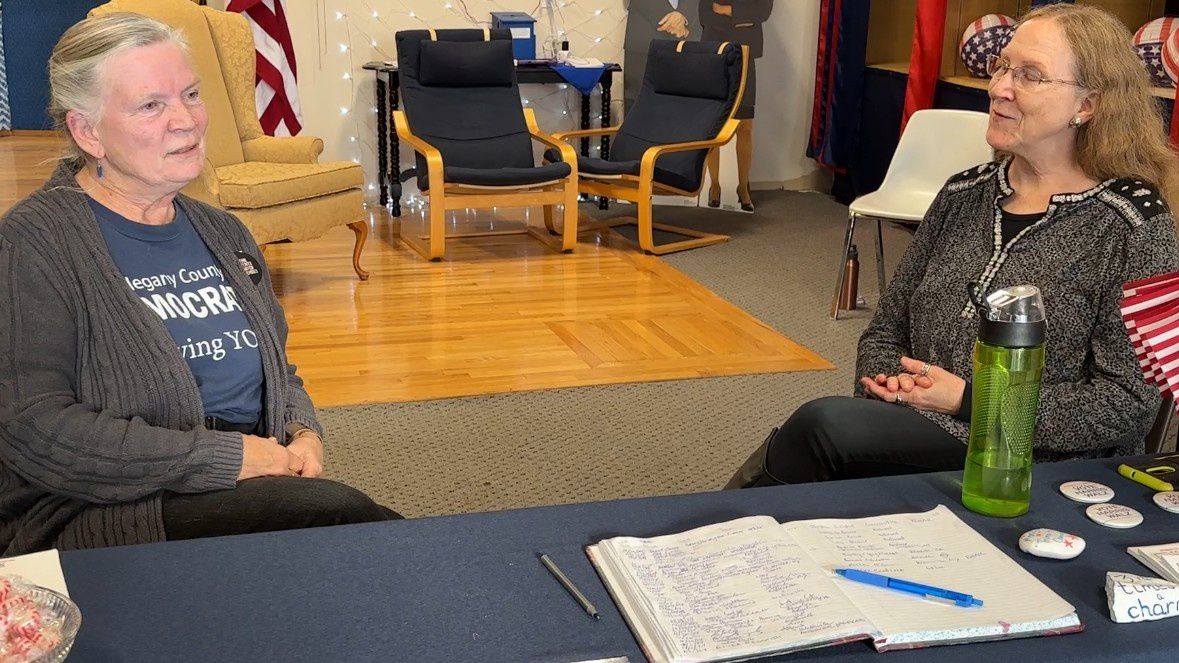Tariffs seem to be the economic weapon of choice for the Trump administration. Now, they’re taking aim at the auto industry.
A 25% tariff is set to go into effect on all imported cars and car parts.
The goal is to get manufacturing back within U.S. borders and support American jobs. It’s estimated about half of all cars sold in the U.S. are imports.
“We’ve got some nice late model cars here,” said Marty Pecoraro, owner of River Front Auto Sales in Buffalo.
Pecoraro has been in the used car business for more than 45 years. The news of a 25% tariff on imported cars and car parts means he might be seeing more customers.
“A [new] car, that's $50,000 now. Twenty-five percent, that's $12,500 more," he said. "That just became $62,500 overnight. A lot of money.”
The hope is that it’ll also have America seeing more jobs.
“Since 2003, the Big Three (General Motors, Ford and Stellantis) alone have closed 65 plants here in the U.S.," said Raymond Jensen Jr., assistant director of UAW Region 9. "Hundreds of thousands of jobs and families have been devastated and uprooted.”
For the UAW, these tariffs are music to their ears.
“It's a tool in the toolbox to bring back manufacturing, good high-paying union jobs back to this country,” said Jensen.
That's something they think could have been done a while ago.
“GM, for instance, made $15 billion of profit last year," Jensen said. "Maybe they shouldn’t give some of those stock buybacks, and the CEO bonuses and the raises to their shareholders. Instead, they should find a way to bring back manufacturing.”
While they don’t know how long it could take for more manufacturing to rev up, they consider it a step in the right direction.
To our neighbors to the north, this is a direct attack on a previously reliable partnership.
“We will fight the U.S. tariffs with retaliatory trade actions of our own," said Canadian Prime Minister Mark Carney. "That will have maximum impact in the United States and minimum impacts here in Canada.”
The Trump administration says foreign producers will absorb the brunt of the cost and they’re working on other venues for relief.
“One of the things the tax cuts are going to do is provide tax relief for anybody who buys a car which is made in America," said Peter Navarro, the White House senior counselor for trade and manufacturing. "At the same time, we're lowering gas prices and $1 lower of gasoline is about $1,000 more in people's pockets.”
At River Front Auto Sales, Pecoraro saw the writing on the wall. He stockpiled some cars, but he doesn’t know how long they’ll last.
“I think it will be a trickle-down effect," he said. "The demand for used cars will become very, very great and the supply will probably dry up.”
If it evens the playing field though, he’s all for it.
“A little growing pains, but... I want to see ‘Made in America,’” he said.
The tariff on cars is set to start April 3. For car parts, it’s no later than May 3.
However, there has been back and forth on tariffs previously, so it's unknown if that will change.
There are already some temporary exceptions for cars and car parts under the United States–Mexico–Canada Agreement, which is set to be renegotiated in summer 2026.












